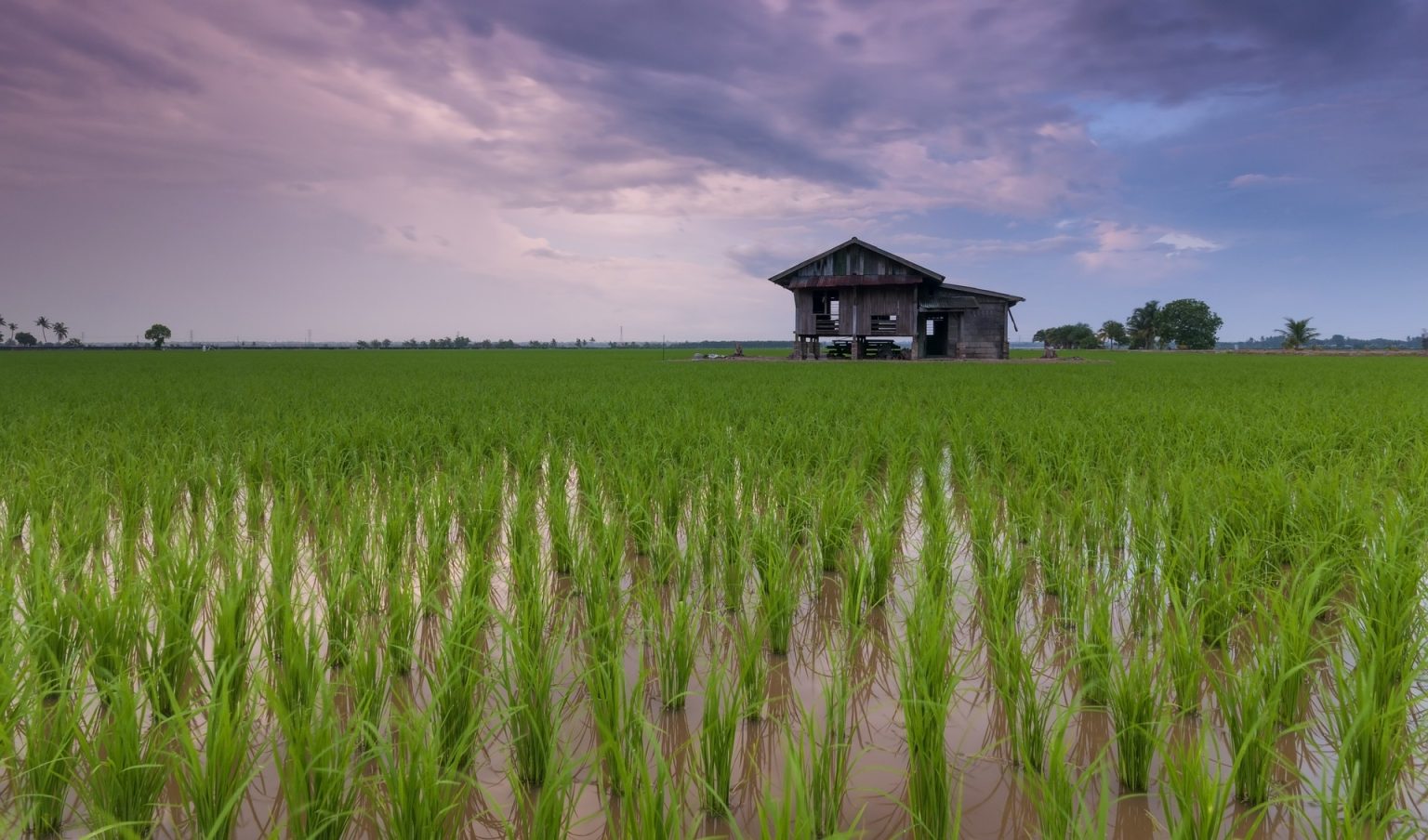The European Rice sector is setting new benchmarks in sustainable farming practices, delivering benefits that not only support consumer health but also contribute significantly to environmental preservation. Through innovative agricultural techniques, EU rice cultivation is helping to reduce water consumption, limit chemical inputs, and boost biodiversity, making it a model of sustainability in the modern food industry.
The European Rice campaign, an EU-funded initiative, is working to highlight the numerous advantages of European rice in the UK and other international markets. The campaign aims to increase the visibility of EU rice products and emphasize their sustainability, high quality, and versatility. It is part of a broader effort to improve the global competitiveness of European agri-food products while promoting environmentally responsible practices and superior production standards.
One of the standout features of European rice production is its commitment to reducing the environmental footprint of farming. Innovative techniques such as crop rotation and eco-friendly pest management are increasingly used to mitigate environmental impact. Furthermore, the European rice sector has made strides in water conservation, with producers implementing more efficient irrigation practices that significantly cut water usage compared to traditional methods. These sustainable farming approaches are crucial for maintaining healthy ecosystems and combating climate change.
In addition to cutting water use, EU rice farmers are prioritizing biodiversity, with many growers now using integrated pest management systems to avoid harmful chemicals and promote natural predators. These sustainable methods help to protect the environment while maintaining the high-quality production of rice, which is a staple food in many European households.
The environmental benefits of EU rice farming extend to the reduction of greenhouse gas emissions, with rice cultivation accounting for a notable portion of methane emissions in global agriculture. The European rice sector is taking steps to reduce these emissions by adopting new techniques that help manage the release of gases and improve soil health. This commitment to lowering its carbon footprint aligns with the EU’s broader sustainability goals, making European rice a more responsible choice for eco-conscious consumers.
At the same time, these farming practices help ensure that European rice remains nutritious and high in quality. As consumers increasingly seek out products that are both healthy and environmentally friendly, European rice offers a compelling option. With its combination of sustainable farming techniques and exceptional quality, European rice is positioned to meet the growing demand for responsibly grown food that supports both personal well-being and the planet.
The European Rice campaign also highlights how these sustainable farming practices are improving the resilience of rice production, ensuring long-term food security. By investing in renewable resources, fostering biodiversity, and using innovative farming methods, EU rice producers are proving that high-quality food production can go hand in hand with environmental responsibility.
As the global food industry continues to prioritise sustainability, the European rice sector stands out as an example of how agriculture can evolve to meet both consumer demands and environmental challenges, all while delivering a product that’s both healthy and responsibly grown. For more information about the European Rice campaign, upcoming events, and social media activities, please visit our website.




